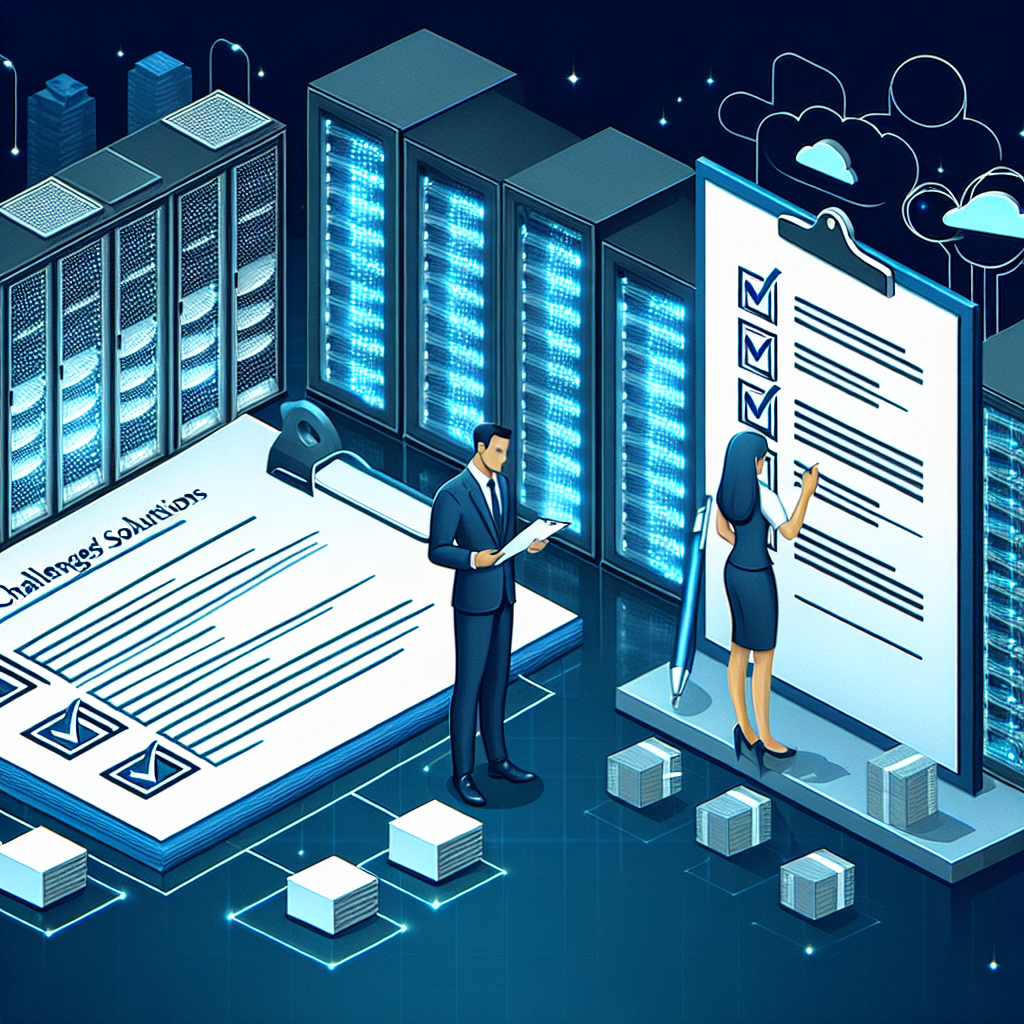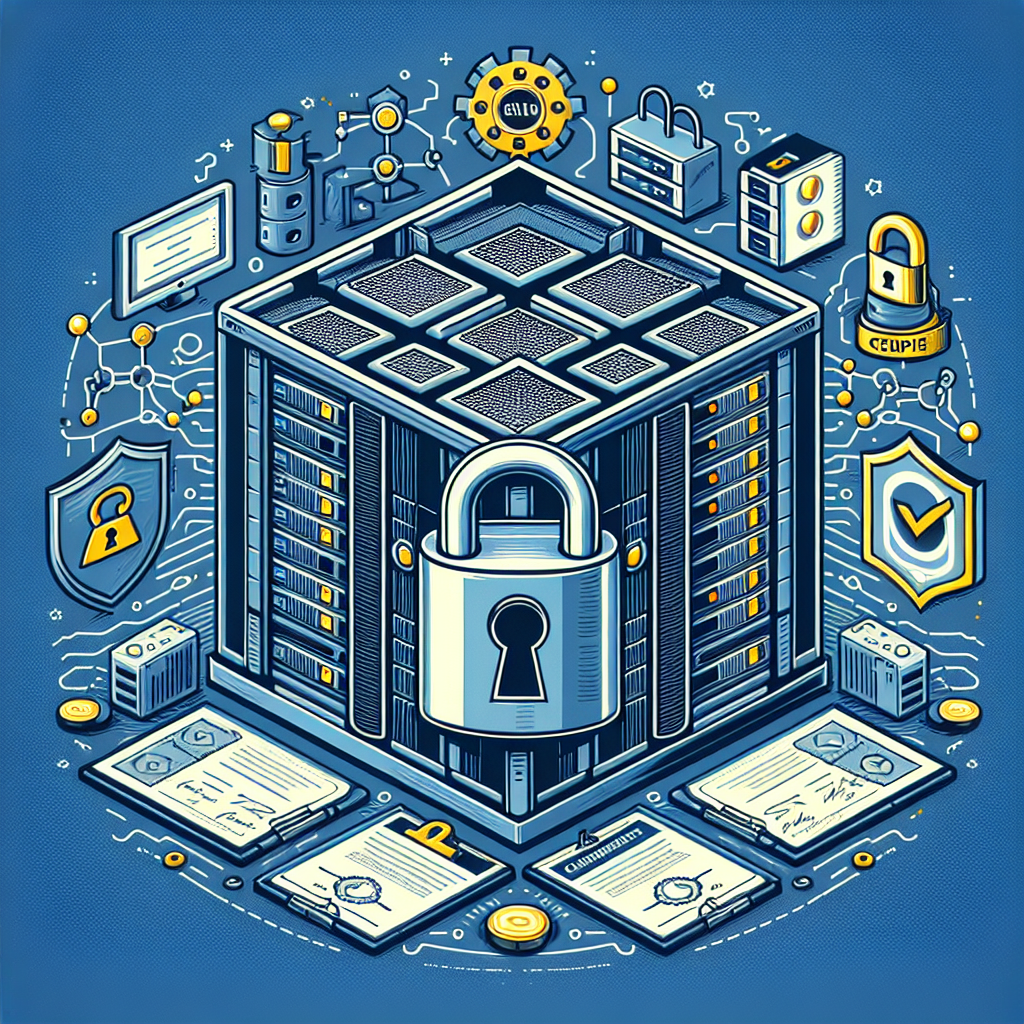Data centers are the backbone of modern businesses, providing the infrastructure for storing and processing large amounts of data. With the increasing reliance on technology, data centers are subject to a variety of compliance and regulatory requirements to ensure the security and integrity of the data they house. One crucial aspect of meeting these requirements is regular inspections of data centers.
Data center inspections are essential for ensuring that the facility meets the necessary standards for security, reliability, and efficiency. These inspections are typically conducted by third-party auditors who assess the physical infrastructure, equipment, and processes in place at the data center.
One of the key reasons why data center inspections are important is to ensure compliance with industry standards and regulations. Data centers are subject to a variety of regulations, such as the Health Insurance Portability and Accountability Act (HIPAA) for healthcare organizations, the Payment Card Industry Data Security Standard (PCI DSS) for companies that handle credit card information, and the General Data Protection Regulation (GDPR) for organizations handling personal data of European Union residents. Failure to comply with these regulations can result in hefty fines and damage to the organization’s reputation.
Regular inspections also help data centers identify potential vulnerabilities and weaknesses in their systems. By conducting thorough assessments of the facility, auditors can pinpoint areas that need improvement and recommend solutions to enhance security and reliability. This proactive approach to maintenance can help prevent costly downtime and data breaches.
Furthermore, data center inspections play a crucial role in ensuring business continuity. By identifying and addressing potential risks, data centers can minimize the impact of unforeseen events such as natural disasters, power outages, or cyber-attacks. Inspections help data centers implement robust disaster recovery plans and backup systems to ensure uninterrupted access to data and services.
In conclusion, data center inspections are a critical component of meeting compliance and regulatory requirements. By conducting regular assessments of their facilities, data centers can demonstrate their commitment to data security and integrity, identify vulnerabilities, and ensure business continuity in the face of unforeseen events. Investing in thorough inspections can help organizations maintain their competitive edge and build trust with customers who rely on their services.










